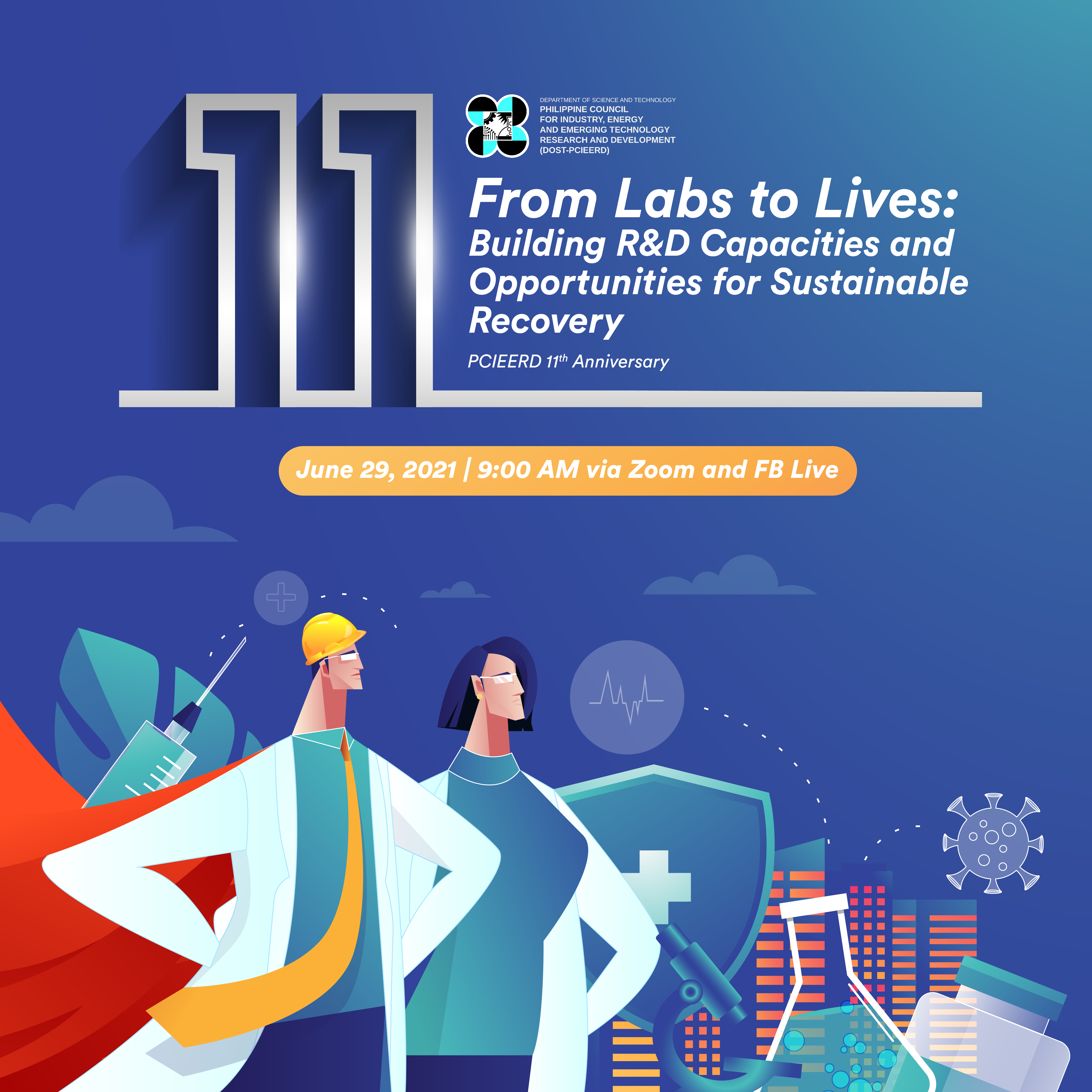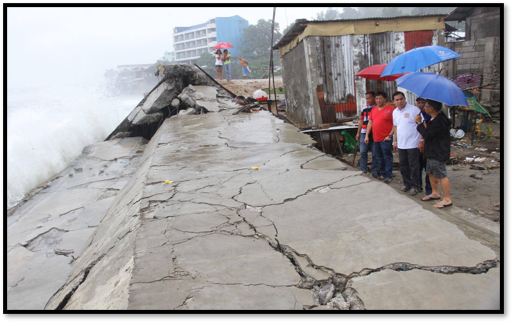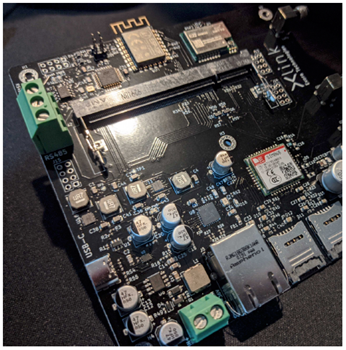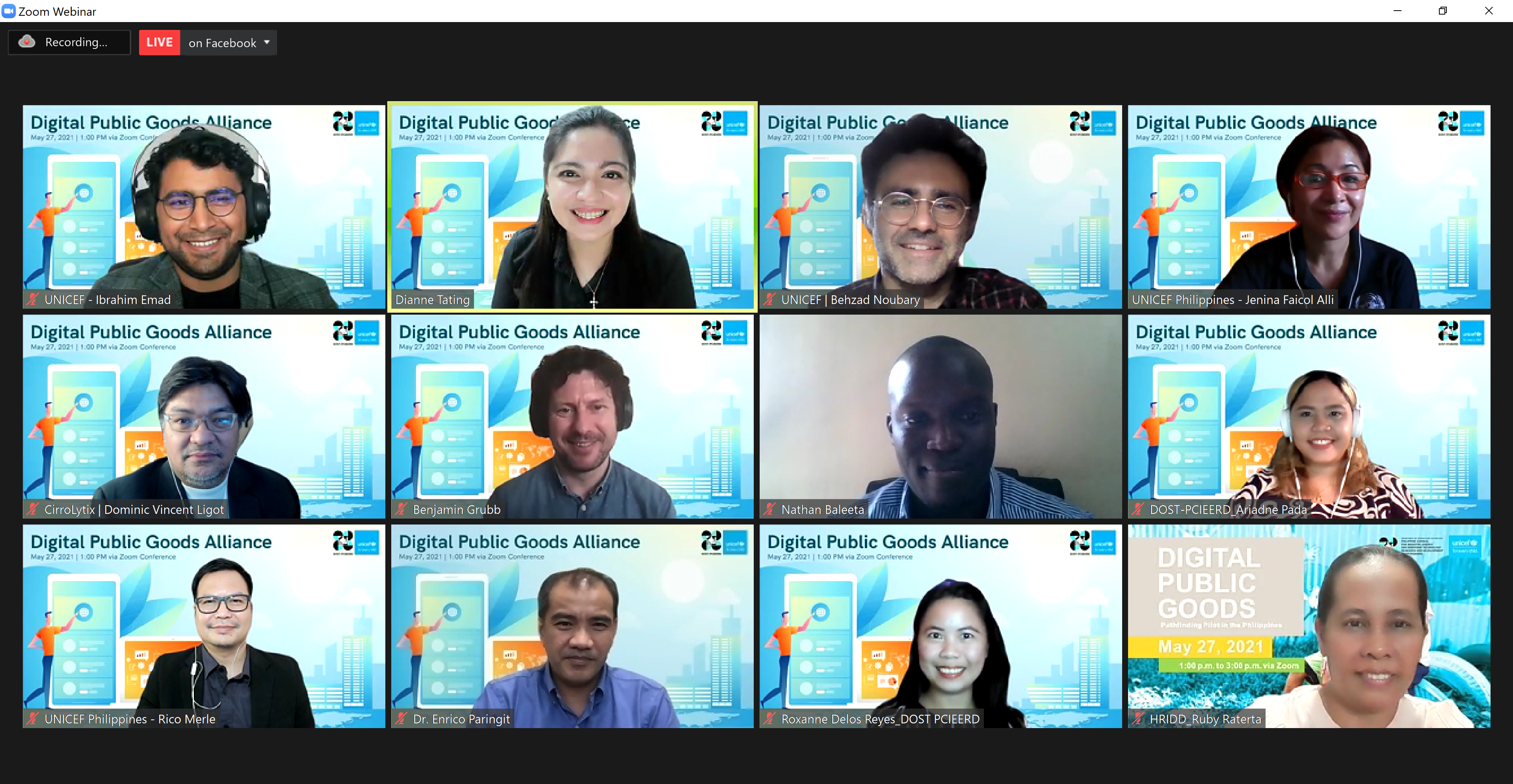Urgent cooperation between countries under the new normal has been called on by the Japan Science and Technology Agency during the 11th anniversary of the Department of Science and Technology - Philippine Council for Industry, Energy, and Emerging Technology Research and Development on Tuesday (June 29).
During a webinar with the theme: "From Labs to Lives: Building R & D Capacities and Opportunities for Sustainable Recovery", leading researchers, scientists, engineers (RSEs) to share their experiences, insights, opportunities, and importance of human resource development to foster S & T innovations towards sustainable recovery.
Osamu Kobayashi, Director for International Affairs of JST, stressed in his message during DOST-PCIEERD's anniversary that the coronavirus disease (COVID-19) will not be the last disaster of a global scale and while "common challenges" are getting increasingly complicated, they cannot be solved alone.
In his presentation, he shared one of the collaborative efforts between DOST and JST, the e-ASIA joint research program established in 2012.
He personally thanked DOST-PCIEERD Executive Director Enrico Paringit and said that JST and DOST are one of the founding members of the program and have greatly contributed to the initiative as one of the most positive and active participants.
Other projects cited that was done in collaboration with JST were the "Development of Extreme Weather Monitoring and Information Sharing System in the Philippines” which led to the development of Diwata-1 and the “Enhancement of Earthquake and Volcano Monitoring and Effective Utilization of Disaster Mitigation Information in the Philippines” for the Philippine Institute of Volcanology and Seismology (PHIVOLCS) which was used as an early alert for the evacuation in the massive Taal volcano eruption in 2020.
He mentioned how global and complicated challenges can only be addressed through collective actions, or through collaboration between academia, no matter which fields, the industries, the local and the central governments and country's people.
"We should immediately react and take effective actions among like minded partners like JST and the DOST," Kobayashi said.
He underscored the importance of trust on why and how the cooperation between the DOST and JST in times of emergency was made possible. Though trust, according to Kobayashi, cannot be achieved overnight and can only be gained step by step through honest behavior.
Sharing a remark from a UK Research and Innovation executive, Kobayashi highlighted how concerted actions are necessary to achieve countries' common agendas, and that the funders who share common values, and interests to solve common challenges, should rather cooperate than complete.
"We need to work together to tackle with our more complicated common challenges. We need to share our knowledge and learn best practices from each other. To do that, international cooperation is a must. So you have to have international perspectives," he said.
"To work together, we need to build a good partnership. So to build a good partnership, we have to be trusted to get trust. We have to be always honest and diligent. If we are always honest and diligent, we can enhance your network, and our network to work together," he added.
DOST PCIEERD Executive Director Dr. Enrico Paringit lauded Kobayashi's call and vowed to foster more cooperations both in the local and international scientific scene.
"As a leader and partner in enabling innovations, we will continue to build meaningful collaborations across the different sectors of society and find solutions and opportunities to improve the lives of our fellow Filipinos," he said.
For questions or clarifications, email us at This email address is being protected from spambots. You need JavaScript enabled to view it..








